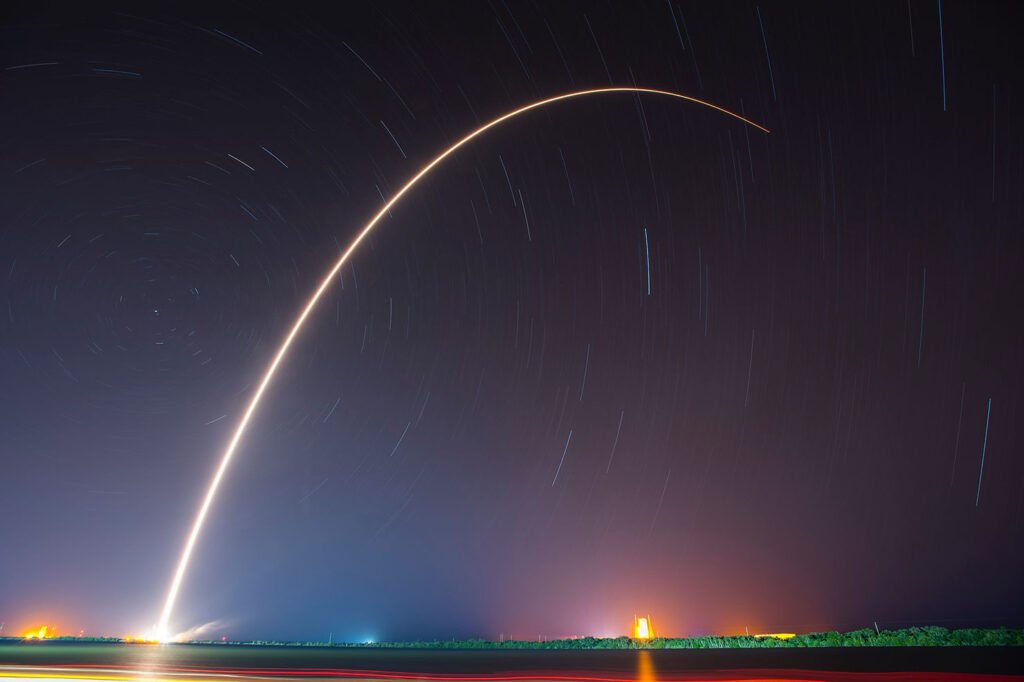Japanese automaker Honda has taken a bold step beyond the automotive industry, successfully launching and landing a prototype reusable rocket in a landmark test conducted on June 17. The vertical takeoff and landing (VTOL) flight was carried out at Honda’s dedicated aerospace testing facility in Taiki, Hokkaido, a region increasingly recognized as Japan’s “space town.”
The prototype rocket, developed by Honda R&D, reached an altitude of 271.4 meters (approximately 890 feet) and landed just 37 centimeters (14.6 inches) from its designated target. The test flight lasted 56.6 seconds and was hailed as a success by the company, marking a critical validation of Honda’s reusable launch vehicle technology.
Technical Specifications
According to a company statement, the experimental rocket stands 6.3 meters (20.7 feet) tall and has a diameter of 85 centimeters (33.5 inches). Its dry weight is approximately 900 kilograms (1,984 pounds), increasing to 1,312 kilograms (2,893 pounds) when fully fueled. The rocket is equipped with retractable landing legs and uses an engine system that Honda began testing in 2021.
The test flight not only achieved a controlled vertical ascent and descent but also collected valuable data for further research. “Although Honda rocket research is still in the fundamental research phase, and no decisions have been made regarding commercialization, we will continue making progress with the goal of achieving a suborbital launch by 2029,” the company said.
Strategic Ambitions
Honda’s foray into aerospace forms part of its broader technology diversification strategy. In recent years, the company has expanded research into robotics, electric aviation, and now space technologies. The partnership with the Japan Aerospace Exploration Agency (JAXA) underscores its ambition to contribute to future human space exploration initiatives.
While Honda has yet to announce commercial applications for its rocket program, its emphasis on reusability and precision landing technology aligns with growing global demand for cost-efficient space launch solutions.
Japan’s Growing Private Space Ecosystem
Honda’s test comes at a time of rapid growth in Japan’s commercial space sector. Several private firms are racing to establish themselves in orbital and suborbital markets. These include Interstellar Technologies, which has conducted multiple launches; Space One; and Innovative Space Carrier (ISC), which plans to conduct its own VTOL test later this year.
The Japanese government has also ramped up support, aiming to double the nation’s space industry value to ¥8 trillion (approximately $55 billion) by the early 2030s through a newly created public-private space innovation fund. Meanwhile, companies like Toyota have begun investing in aerospace initiatives, supporting the momentum.
Looking Ahead
Honda’s successful rocket test represents more than a technological milestone—it signals Japan’s growing capabilities in the global space race. As reusable rocket systems become essential to future space logistics, Honda’s engineering credibility may position it as a serious contender in aerospace innovation.
Whether Honda pursues full commercialization or continues as a research-driven innovator, the June 17 test marks a promising step toward a future where space technology could become as integral to the brand as automobiles once were.



